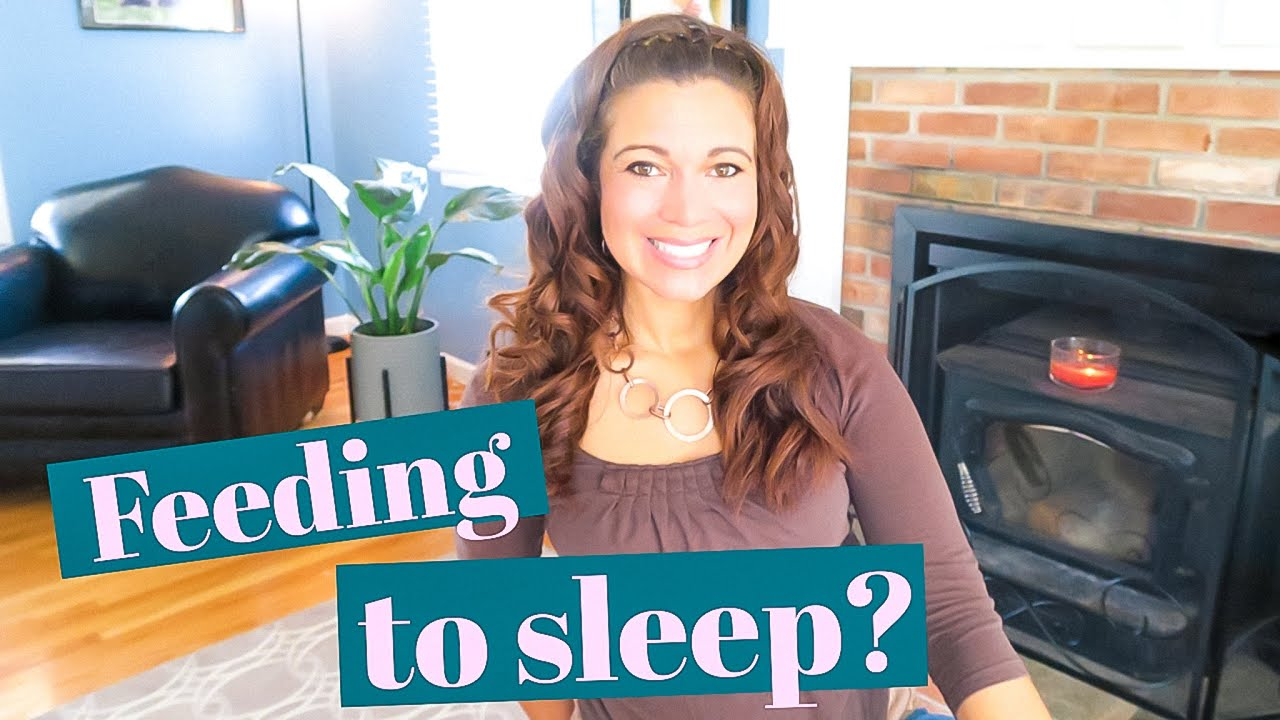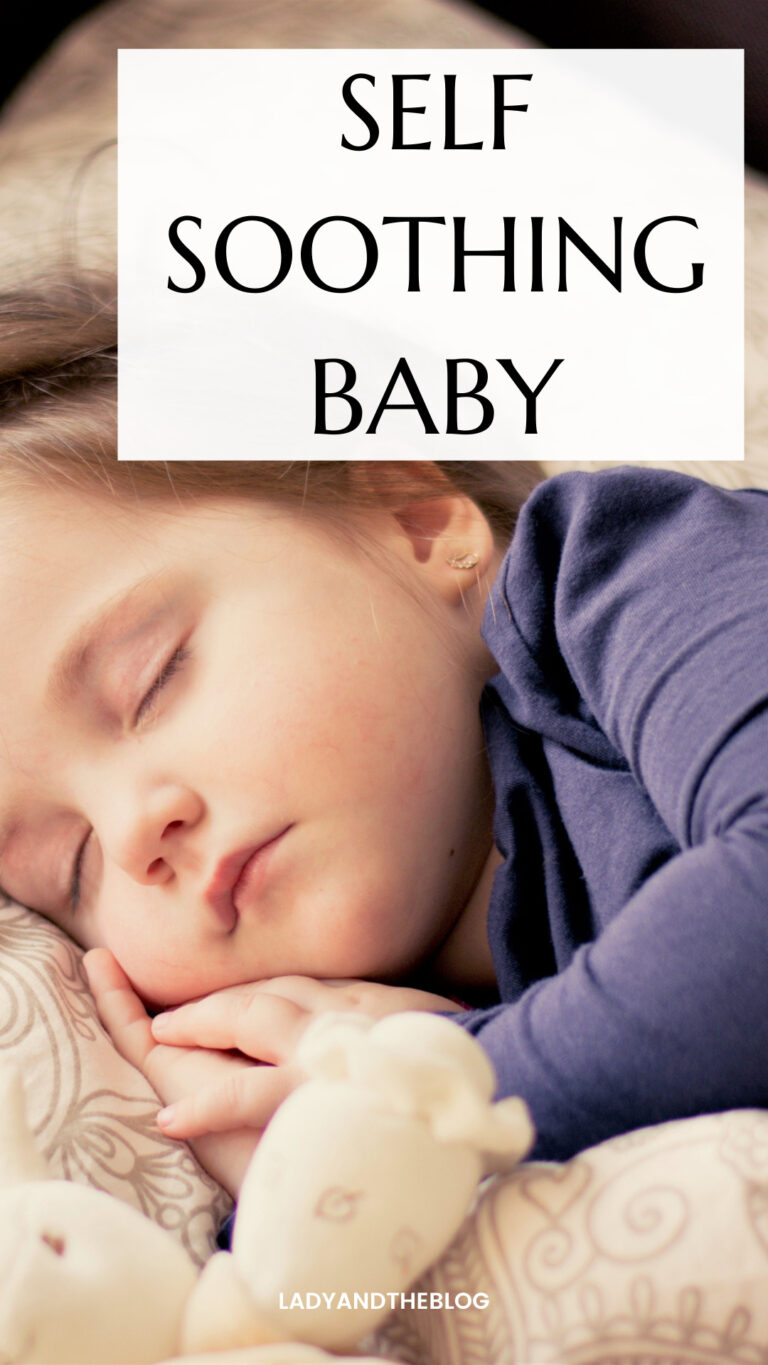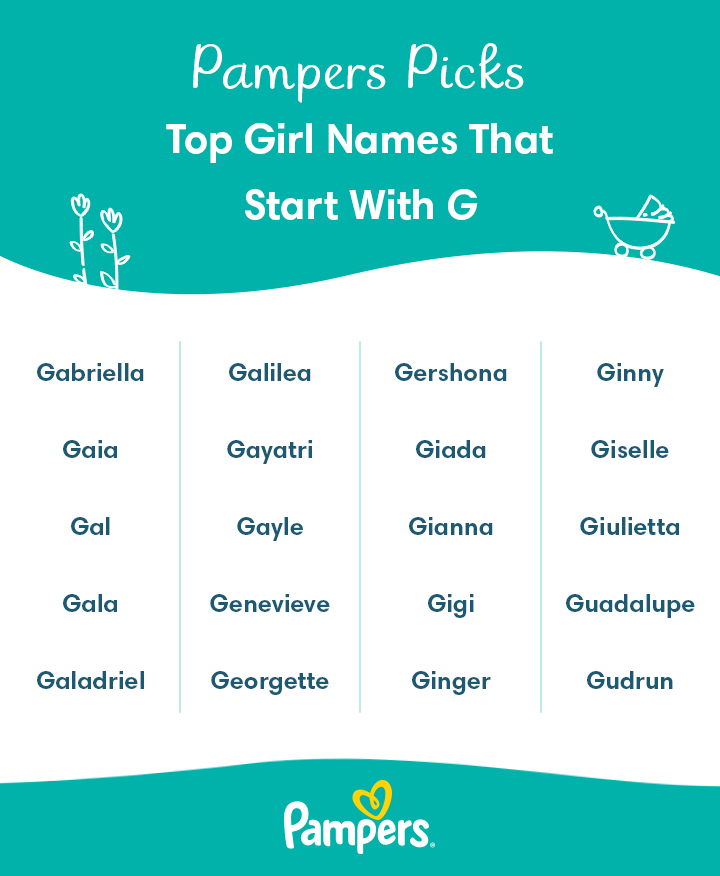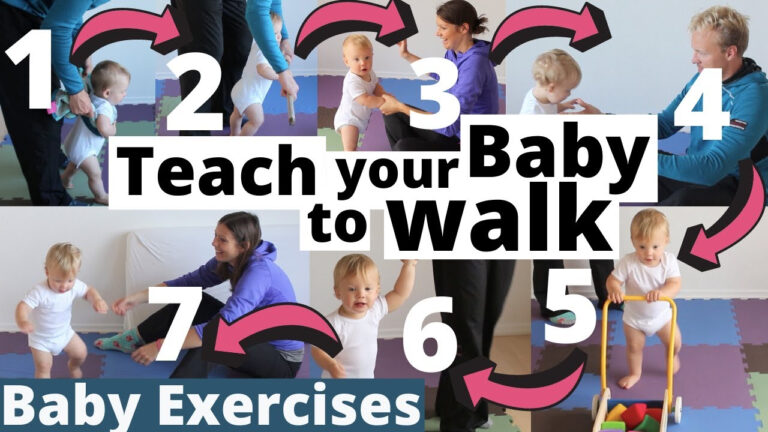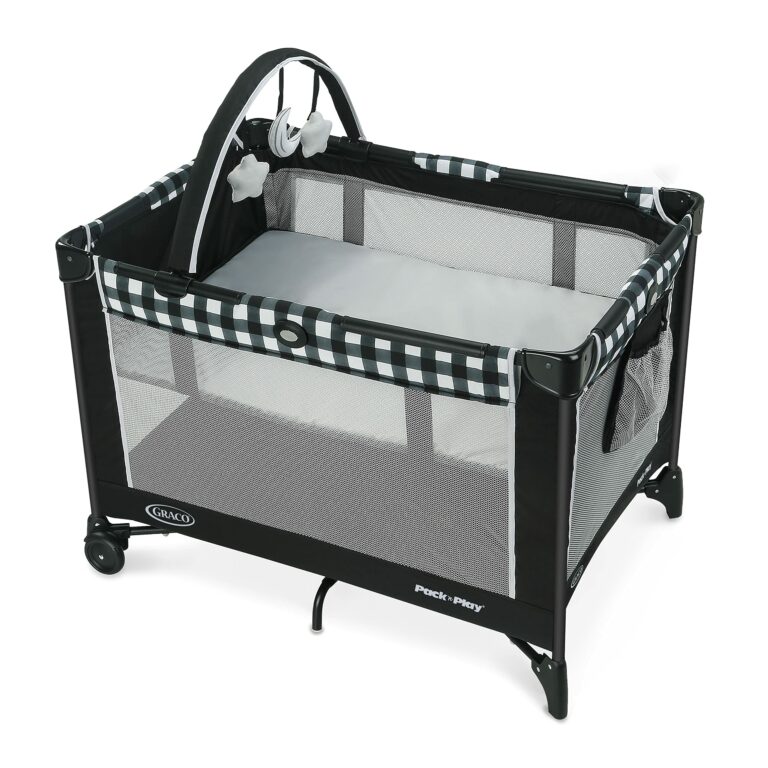How To Stop Feeding Baby To Sleep: A Comprehensive Guide
Are you struggling to break the habit of feeding your baby to sleep? You’re not alone. Many parents find themselves in a cycle of feeding their little ones to sleep, only to face challenges when trying to transition them to falling asleep on their own. In this article, we will explore effective strategies and tips on how to stop feeding your baby to sleep and help them develop healthy sleep habits.
Knowledge
Feeding your baby to sleep may seem like a quick fix for bedtime struggles, but it can create dependency on this method for falling asleep. Babies can associate feeding with sleep, making it difficult for them to self-soothe and fall asleep independently. It’s essential to understand the impact of this habit on your baby’s sleep patterns and overall development.
Creating a consistent bedtime routine is key to helping your baby learn how to fall asleep without feeding. Set a calming routine that includes activities like a warm bath, gentle massage, reading a story, or listening to soft music. A predictable routine can signal to your baby that it’s time to wind down and prepare for sleep.
Instead of abruptly stopping the bedtime feeding, consider gradually reducing the feeding time or moving it earlier in the bedtime routine. This approach can help your baby adjust to the change gradually without causing undue stress or resistance. Offer comfort and reassurance through other soothing methods like rocking, patting, or gentle shushing.
Ensure that your baby’s sleep environment is conducive to restful sleep. Keep the room dark, quiet, and at a comfortable temperature. Use a white noise machine to drown out any disruptive sounds and consider using a sleep sack or swaddle to provide a sense of security. A comfortable sleep environment can help your baby feel safe and relaxed as they learn to fall asleep on their own.
Consistency is crucial when breaking the habit of feeding your baby to sleep. Stick to the new routine and approach every night, even if there are initial challenges or resistance. Be patient and reassuring as your baby learns to self-soothe and fall asleep independently. Consistent efforts will help establish healthy sleep habits in the long run.
Conclusion
In conclusion, breaking the habit of feeding your baby to sleep requires patience, consistency, and a gentle approach. By understanding the impact of this habit, establishing a bedtime routine, making a gradual transition, creating a comfortable sleep environment, and maintaining consistency, you can help your baby develop healthy sleep habits and learn to fall asleep on their own.
Target audience: Parents looking to transition their babies from feeding to sleep to self-soothing techniques.
Final thoughts: Helping your baby learn to fall asleep without feeding is a valuable skill that can promote better sleep quality and independence. By following the strategies and tips outlined in this article, you can support your baby’s sleep development and create a positive bedtime routine that sets the stage for restful nights and peaceful sleep for both you and your little one.
